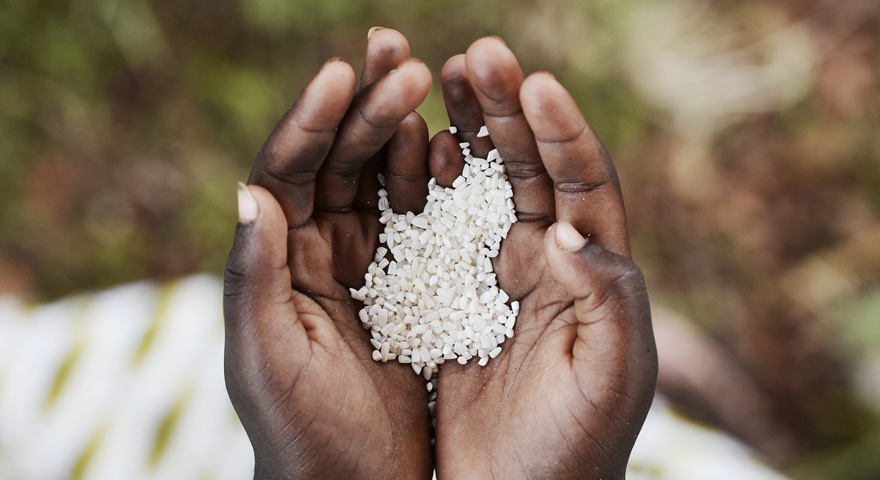We are pleased to see that Australia now has a Modern Slavery Act, which passed both houses of our federal parliament in the final week of November, with just days left before the final parliamentary sittings for 2018. The legislation follows years of advocacy and some two years of extensive consultations by the federal government with a wide range of interested stakeholders from civil society to corporate enterprise across Australia and overseas.
The Commonwealth law, which is likely to take effect in January 2019, will require certain entities, including companies, with an annual turnover of over AUD$100million, as well as the Commonwealth government, to report publicly on the risks of modern slavery in their operations and their supply chains, the measures they are taking to address those risks and on the effectiveness of their actions. Company reports will need to be published annually, with sign-off by the Board of Directors, requiring significant engagement from senior management.
With the NSW government passing its own Modern Slavery Act in June 2018 which applies to commercial organisations, including businesses, with an annual turnover of over AUD$50million as well as the NSW government, which is yet to take effect, business will now be looking to the NSW and Federal governments to issue clear guidance on how to navigate their obligations under both jurisdictions. Although the first reports under the federal legislation will not be due before mid-2020, many businesses have already started to review their supply chains and related business processes in preparation for the Acts’ commencements.
Modern slavery is a term that encompasses slavery, servitude, forced labour, trafficking in persons, forced marriage, child trafficking, debt bondage, child labour and exploitation, and other slavery-like practice. It exists both at home and abroad; across a range of local industries, and in the global supply chains of organisations and businesses operating in Australia.
Over 40 million people around the world are trapped in conditions of modern slavery, according to estimates from the Global Slavery Index and International Labour Organization, including an estimated 15,000 victims “hidden in plain sight” in Australia. It is a complex global problem that requires a range of policy solutions and actions; one of which is action by businesses to address the realities of modern slavery in their own supply chains. The Australian legislation draws on the UK’s Modern Slavery Act, introduced in 2015, but goes further, by creating mechanisms for greater scrutiny of reporting by companies under the Australian Act.
\Konica Minolta has been actively involved in supporting human rights and we have made significant efforts to not only ensure we have practices in place to ensure the ethical management of our own supply chain, but have also provided resources, raised awareness and been a vocal advocate for changes to be made to address the issues of modern slavery in Australia and internationally. These efforts have been acknowledged by Anti-Slavery Australia with Konica Minolta being awarded a Freedom Award in November 2017, the first such award bestowed on a business, and by the Australian Human Rights Commission, by whom we have been named as the winner in this year’s Australian Human Rights Awards in the Business category.





